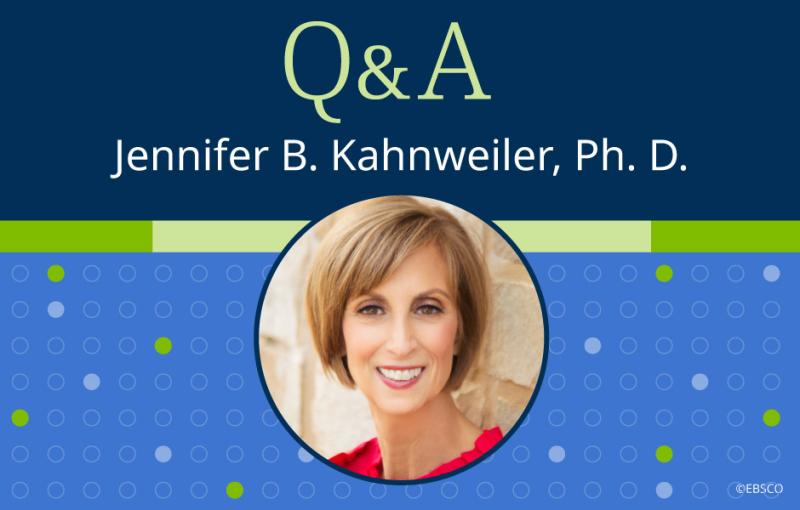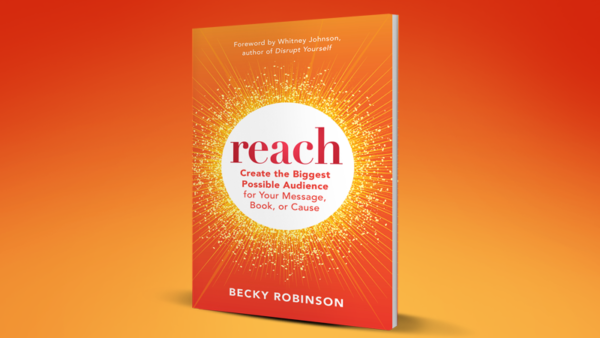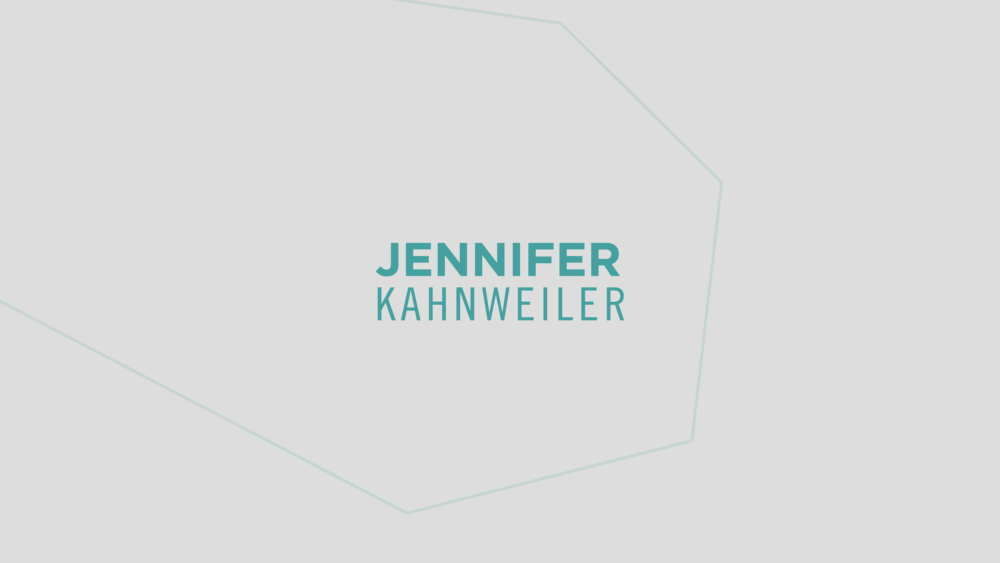“They (Introverts) just didn’t place a larger weight on social stimuli than they did on any other stimuli, of which flowers are one example,” said.
“[This] supports the claim that introverts, or their brains, might be indifferent to people — they can take them or leave them, so to speak. The introvert’s brain treats interactions with people the same way it treats encounters with other, non-human information, such as inanimate objects for example,” Inna Fishman said.
They concluded that, “The results strongly suggest that human faces, or people in general, hold more significance for extroverts, or are more meaningful for them.”








